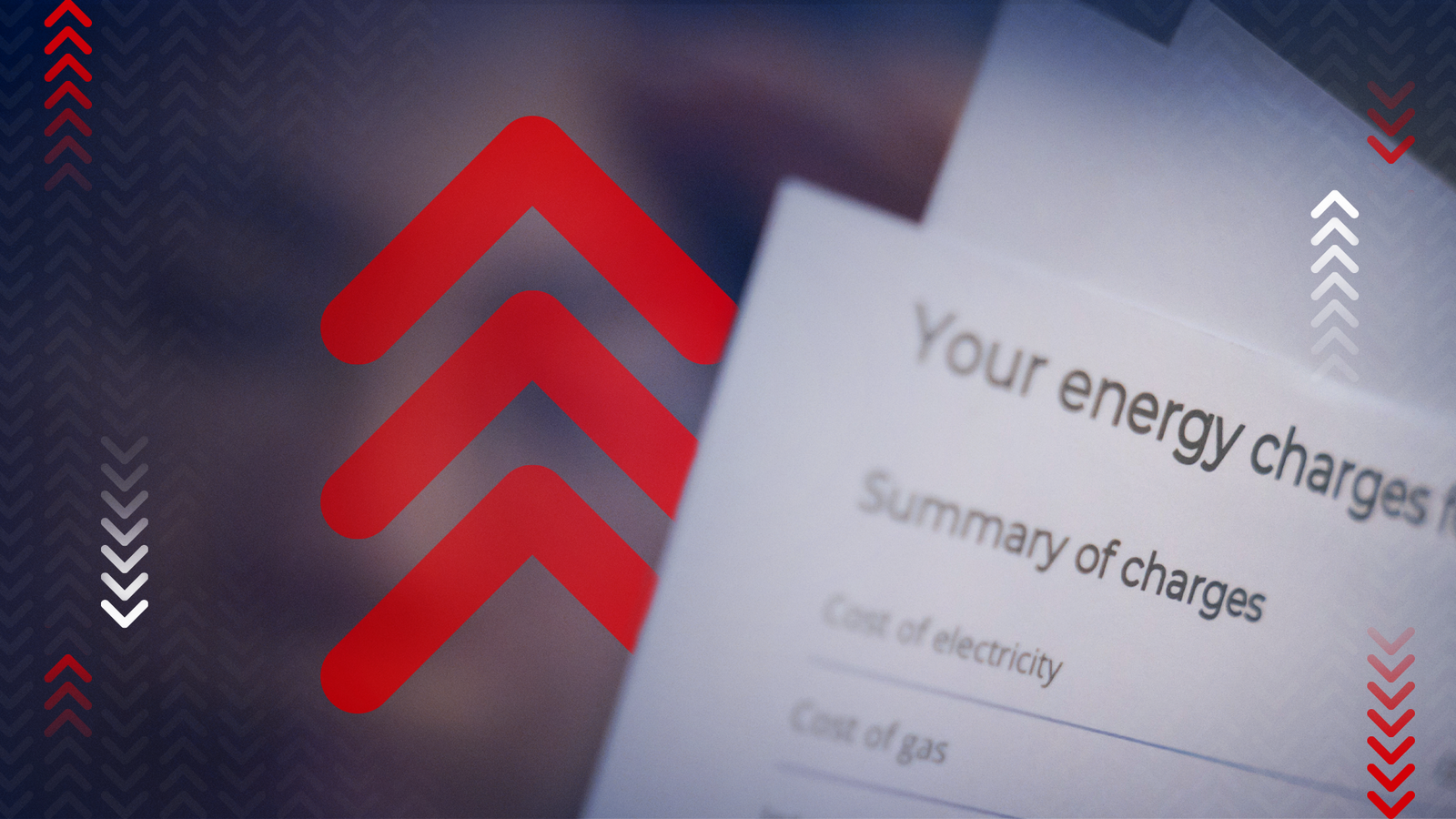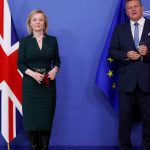The government is considering introducing a fixed discount for businesses on the amount they are charged per kilowatt hour for energy as part of its plans to tackle soaring prices, reports suggest.
The Department for Business, Energy and Industrial Strategy did not deny the policy was on the table ahead of the government’s mini budget, set to be announced on Friday.
Chancellor Kwasi Kwarteng will be holding a meeting with the Bank of England and some energy firm bosses on Saturday to discuss the schemes already confirmed by the government amid the cost of living crisis, a Treasury source told Sky News.
But they said the meeting was part of “regular” and “ongoing engagement” with both the bank and the energy sector, and would not confirm reports of the business discount.
Liz Truss announced her initial plans to tackle surging energy bills last week, outlining an energy price guarantee (EPG) to restrict bills to £2,500 for two years from October – about £500 higher than now, but £1,000 less than Ofgem’s incoming price cap rise.
This would only apply to households, as business are not subject to a cap, and firms have criticised the new prime minister for failing to flesh out the detail around her promise for six-months of equivalent help.
This job will fall to Mr Kwarteng on Friday, when he takes part in a “fiscal event” in the Commons.
Mini-budget expected on 23 September to reveal details of new PM’s fiscal plans
Cost of living: Another big rate hike expected as US inflation proves more sticky than forecast
Cost of living crisis: ‘Urgent, substantial action’ needed to keep firms afloat, chancellor told
According to the Telegraph, the proposal being considered would not cap companies’ charges, but would instead offer a discount of a set number of pence per kilowatt hour from what they currently pay.
Other policies expected to be announced next week include how the government plans to deliver on tax cuts promised by Ms Truss during her leadership campaign, and the possible scrapping of the cap on bankers’ bonuses – which the chancellor is said to believe will encourage economic growth.






















